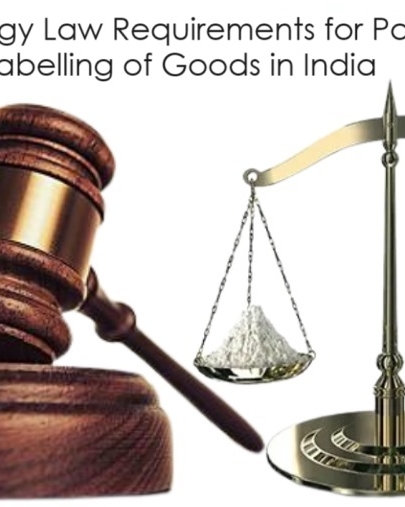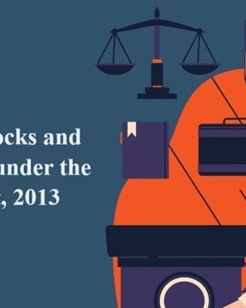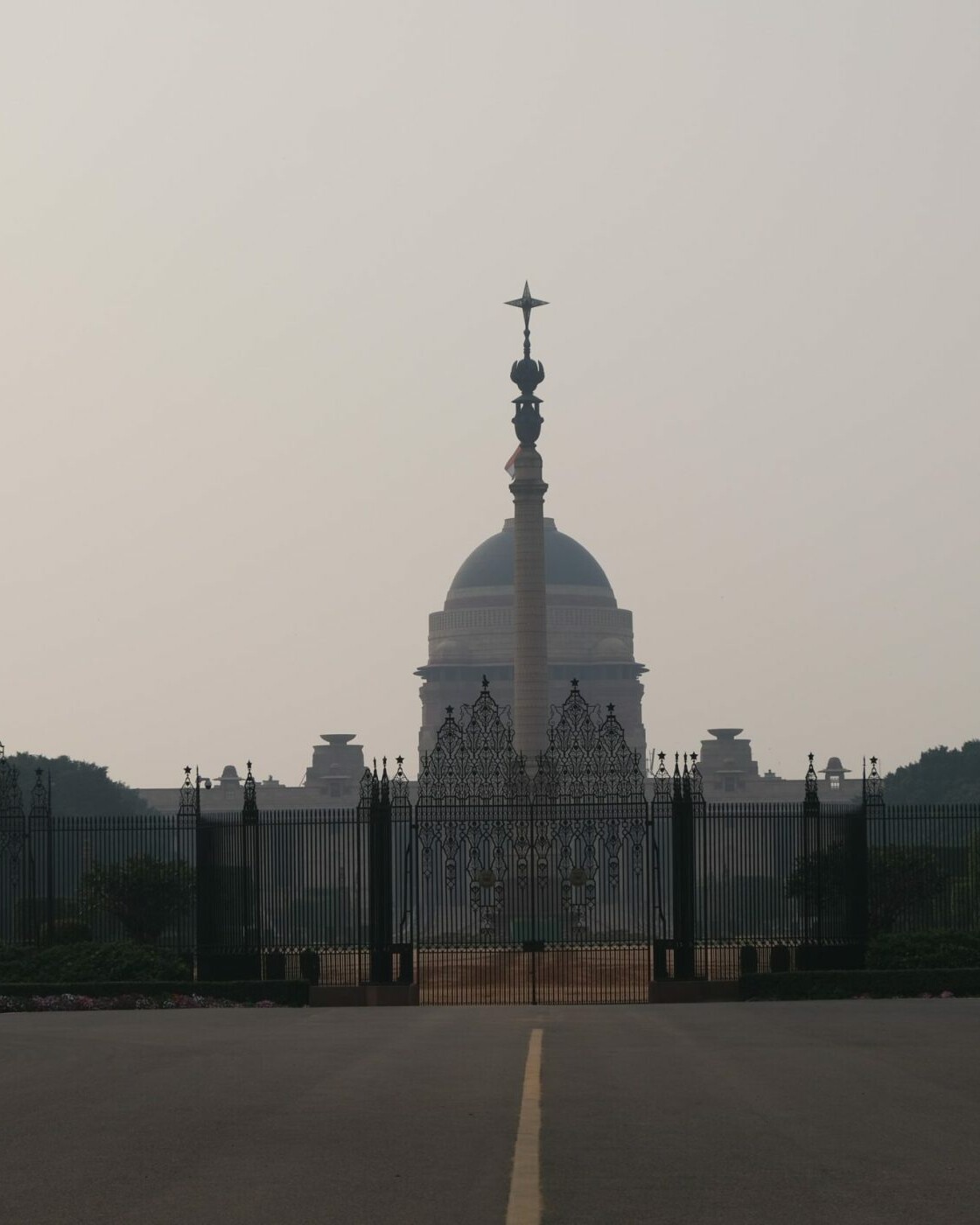Whether the Directors of the Corporate Debtor are discharged under Section 138 Negotiable Instruments Act, 1881 if the Resolution Plan has been approved by the NCLT?
The question of law that came for adjudication before the Hon’ble Supreme Court was whether during the Corporate Insolvency Resolution process (“CIRP”) proceedings under Insolvency and Bankruptcy Code, 2016 (“Code”) of a corporate debtor, the criminal liability of suspended directors of corporate debtor under Section 138, Negotiable Instruments Act, 1881 (“NI Act”) is extinguished or not.
Observations of the Hon’ble Supreme Court:-
- Proceedings under Section 138 of the NI Act are quasi-criminal in nature
The scope and purpose of the proceedings under Insolvency and Bankruptcy Code, 2016 (“Code”) and the NI Act are different and cannot intercede each other. The proceedings under Section 138 of the NI Act are not recovery proceedings but are penal in nature as a person may face punishment in the form of imprisonment or fine or with both under the said section. Further, a bare perusal of Section 14 of the Code makes it clear that the institution and continuation of only the civil proceedings are prohibited if the CIRP proceedings are initiated by NCLT.
- Section 32A of the Code
Further, the second proviso to Section 32A(1) of the Code prescribes that an officer responsible to the Corporate Debtor for the conduct of its business or associated with the corporate debtor who is involved in commission of any offence with respect to the corporate debtor shall continue to be liable to be prosecuted and punished for the said offence committed irrespective of approval of the resolution plan by the NCLT.
Thus, meaning a director of the corporate debtor who has committed a misdeed cannot go scot-free after the approval of the resolution plan.
In words of Justice Pardiwala “ the heart of the matter is the second proviso appended to Section 32A(1)(b) of the IBC which provides statutory recognition of the criminal liability of the persons who are otherwise vicariously liable under Section 141 of NI Act, in the context of Section 138 offence.”
- Liability of Directors in dissolution
It was also held that if either the resolution plan of the corporate debtor is approved or the corporate debtor is dissolved after the Section 138 proceedings under the NI Act have been commenced, the directors and other accused cannot escape their criminal liability by citing the reason of approval of resolution plan or its dissolution. What is dissolved is only the company, not the personal penal liability of the accused.
- Conclusion
To sum up, it can be said that the Hon’ble Supreme Court has rightly remarked that the directors of the corporate debtor cannot be made to take undue advantage of the CIRP proceedings or dissolution of the corporate debtor to avoid their criminal liabilities.
Case Title: Ajay Kumar Radheyshyam Goenka v Tourism Finance Corporation of India Ltd [CRIMINAL APPEAL NO.172 OF 2023 (SLP(CRL) NO. 417 OF 2020)]
****






















